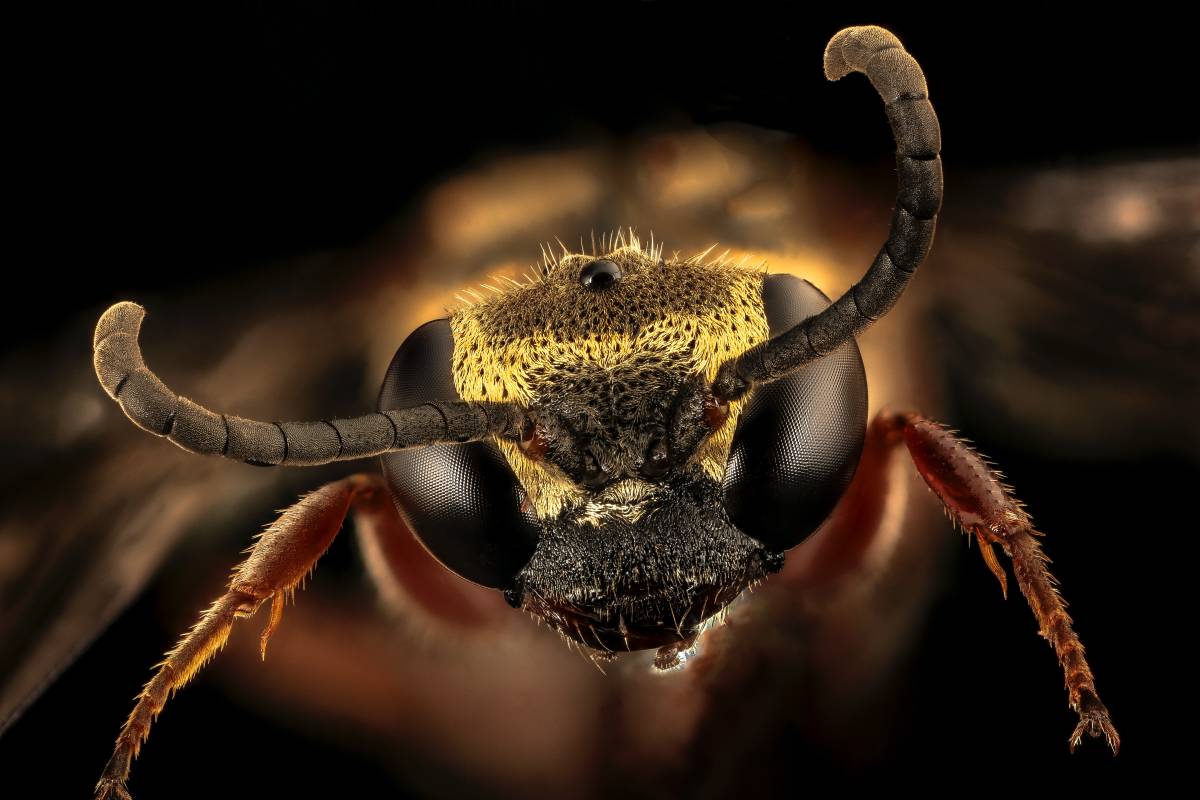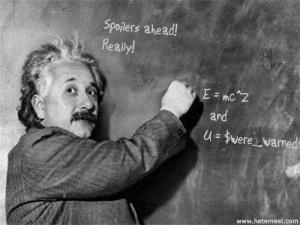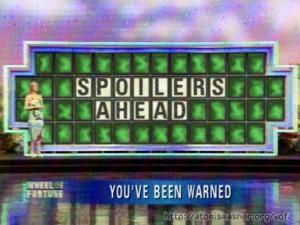You would think that I would like Yellowjackets, and up until the end of this season, you would have been mostly right. I cannot praise the actors — either the older generation or the newer one — enough for their performances.
But at the beginning of season two, I started to wonder if the writers and showrunners knew where the story was going, or if they were going to try (and fail) to wing it the way Lost did.
Little did I suspect that at the very end of the season — ironically titled "Storytelling" — they’d suddenly shift the focus of the show and do something worse.
Broad plot spoilers for Yellowjackets seasons one and two follow.
I largely enjoy horror where the you slowly come to realize that very, very little separates you from the horror. Perhaps you are closer than you think to being prey. Perhaps you are closer to being evil than you think. Spree and Assassination Nation are both excellent at this, as is Carol Klepnes’ novel You and Devolution: A Firsthand Account of the Rainier Sasquatch Massacre by Max Brooks.
And so with the last episode in season two of Yellowjackets including this exchange:
Shauna: "So you’ve all actually lost your minds. You know there’s no ‘it,’ right? It was just us."
Lottie: "Is there a difference?"
it should have been my favorite scene ever.
Instead, it makes me uneasy in a completely different way.
The reason why is pretty simple.
Up until this point, the writers and showrunners have held out the possibility that some entity — an Old God of some kind, the Wilderness — has been altering things. Yes, those who crashed and survived in the wild have some Serious Issues because of the ordeal. Some of them had Serious Issues — mental, social, and physical — prior to the plane crash as well. We see the echoes of that trauma in the character’s present lives as well, both in how the "modern day" plot gets kicked off and how the characters react.
Throughout it all, there is the just-offscreen, glimpsed-out-of-the-corner-of-your-eye sense that there is something out there that got hold of those survivors. Something that recruited them. Something that fed on them.
Which means you have a group of characters, with their own issues plus the ones of surviving that ordeal facing — and striving to overcome — not only some possible supernatural threat, but the threat of their own unhealed past.
But by the time those lines are spoken at the end of season two, something important has changed.
We are no longer watching a troubled group of people fight to survive — both in the Canadian wilderness and in modern "civilization" — against nature and external forces. The supernatural elements have faded into the background.
This is not watching people struggle against the environment. This is not watching characters fight against an amorphous capricious Old God.
This is watching characters with significant mental health issues and trauma feed on themselves.
This is voyeurism.
And it is on purpose.
It is telegraphed in the cinematography, with lingering slow moments when the characters do horrific things to each other, dramatically pausing on dripping blood and taking a bite of flesh.
It is that shift in our point of view — from identifying with them to someone watching them — which makes me uncomfortable.
It makes me uncomfortable because I do not enjoy watching people suffer, particularly when that suffering is avoidable. I particularly do not like it when, after two seasons of (mostly) rooting for the protagonists, the show all but begs you to drink in their trauma-created, oh-so-preventable suffering. To enjoy their pain and confusion.
And that is not okay with me.
Perhaps that was the point of the writers and showrunners — to expose that voyeuristic nasty tendency to the viewers watching the program. To make the viewers realize that they were enjoying watching characters suffer in a tragic, pointless dance of pain.
If so, that isn’t a saving grace.
That’s an even greater sign of hubris and bad assumptions on their part.
I watched Yellowjackets to see people overcome difficulties both external and internal, not to voyeuristically delight while wallowing in their suffering. Being tricked into that kind of voyeurism through a narrative bait-and-switch just upsets me.
At least Natalie got a resolution of their (very quickly introduced) character arc, a lot of good actors got paid, and there was a lot of good music.
Yellowjackets is available to stream or buy from a number of sources.
Postscript: In case you’re wondering, I also thoroughly dislike the end of Black Swan for exactly the same reason.


